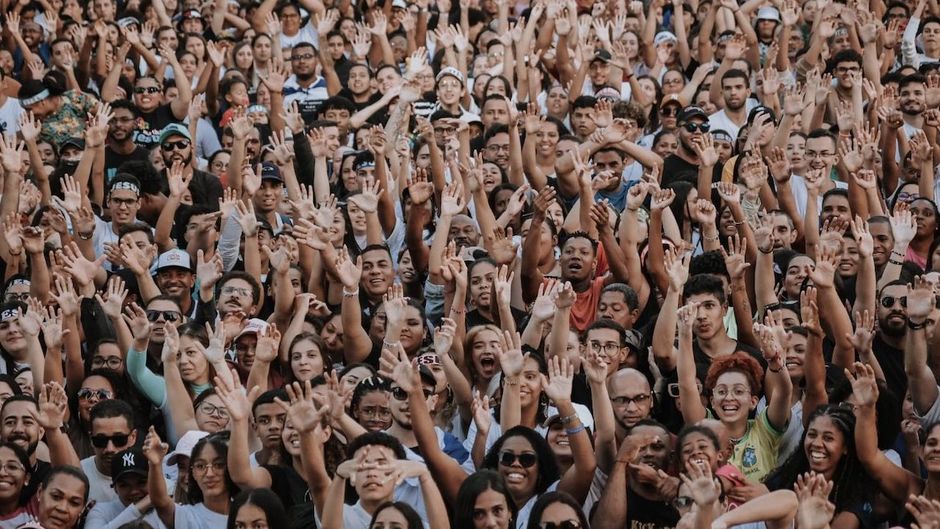In 2019 alone, 17 new churches were opened every day, according to a study by the University of Sao Paulo.
 Millions of evangelicals took to the streets for The March for Jesus 2023 in Brazil / March For Jesus.
Millions of evangelicals took to the streets for The March for Jesus 2023 in Brazil / March For Jesus.
Evangelical churches have grown 543% in 20 years in Brazil, according to a survey carried out by the Centre for Metropolis Studies (CEM) of the University of Sao Paulo (USP).
In 1990, there were 7,033 evangelical churches in the country. In 2019, the number increased to 109,560, with 17 new churches opening every day.
Evangelicals, who were a minority in previous decades, could become a majority in the coming years, the researchers expect.
The study led by researcher Víctor Augusto Araújo Silva, who is also part of the Department of Political Science at the University of Zurich, analysed the expansion from 1920 to 2019 in states with an evangelical majority.
According to the survey, the first evangelical church in Brazil was inaugurated in 1922. In 1970 there were 864. 50 years later, there were almost 110,000 buildings.
The study divided the Christian denominations into four main groups: missionary: Baptist, Presbyterian and Methodist churches, among others; Pentecostals: such as the Assembly of God, God is Love, the Foursquare Church; the Neo-Pentecostals; and churches of undetermined classification, which do not fit into any of the other three categories.
In Brazil, the Pentecostal denominations have the largest number of churches, 48,781: 48,781. Followed by undetermined classification (25,554), missionaries (22,400) and neo-Pentecostals (12,825).
The two states with the highest concentration of evangelical churches per inhabitant are Rio de Janeiro and Espírito Santo.
Researchers point out that the multiplication of evangelical churches goes along with the increase in the number of evangelicals in the country.
The latest Demographic Census of the IBGE (Brazilian Institute of Geography and Statistics) shows that the number of evangelicals more than doubled between 1990 and 2010. In 1990, 9% of the population was evangelical, in 2010, evangelicals were already 22.2%.
According to a Datafolha survey, 31% of Brazilians identified themselves as evangelicals in 2020.

Las opiniones vertidas por nuestros colaboradores se realizan a nivel personal, pudiendo coincidir o no con la postura de la dirección de Protestante Digital.
Si quieres comentar o